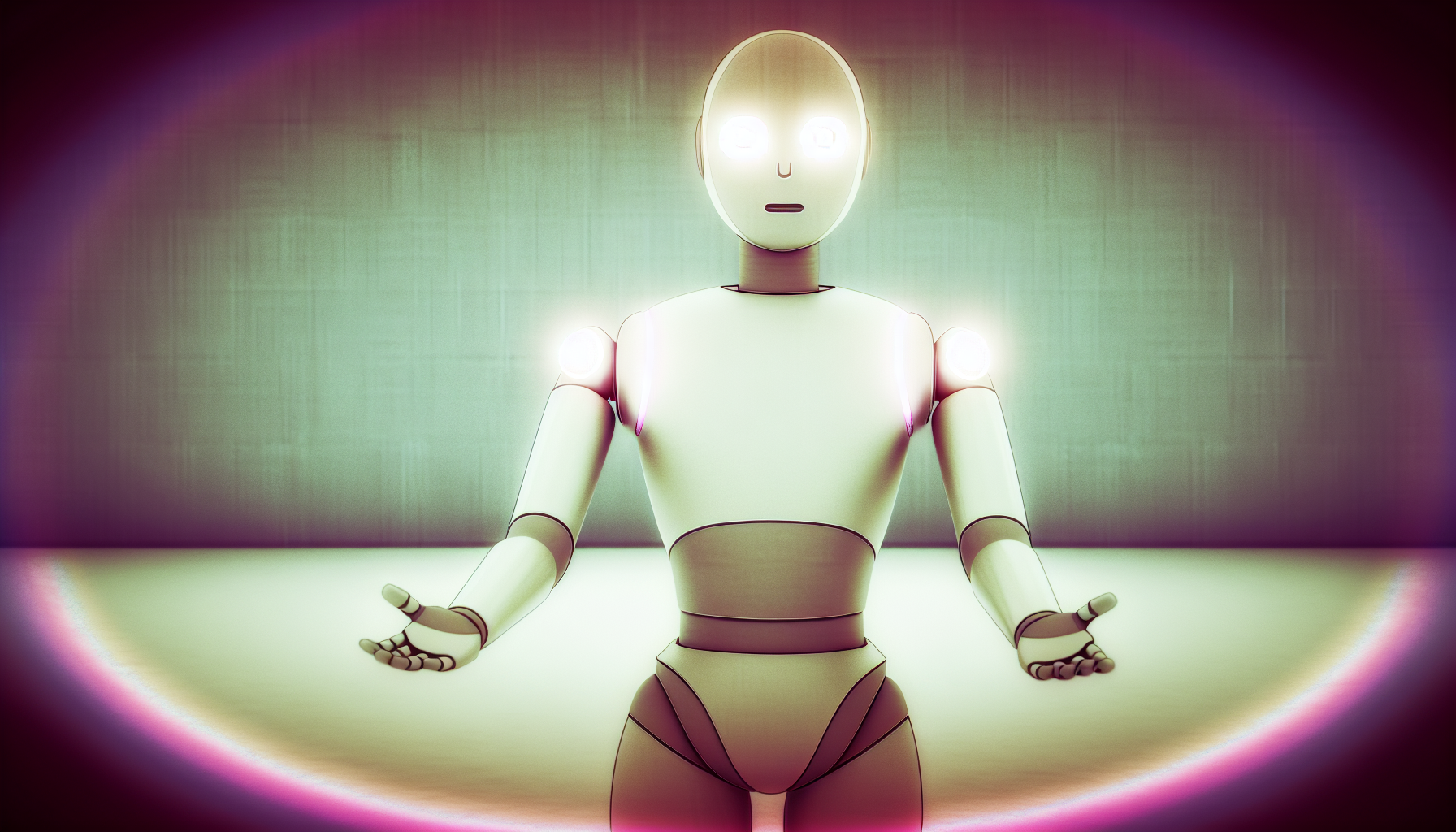Imagine a future where your AI assistant listens to your troubles with the patience of a saint, offers you advice with the wisdom of a philosopher, and comforts you like the friend who somehow always knows exactly what to say. This isn’t merely the stuff of science fiction; it’s an ambition propelling the development of what might be called “synthetic empathy.” But can AI truly understand human emotions, or is it just really good at faking it?
The Illusion of Understanding
To answer this question, we must first discern what it means to “understand” emotions. Humans are complex creatures, emotionally rich and mentally intricate. Understanding emotions involves more than recognizing the difference between a smile and a frown. It requires insight into subconscious cues and the historical labyrinth of personal experience. When we speak of synthetic empathy, we’re really asking if machines can possess more than a mere facsimile of emotional intelligence.
Most AI systems developed today operate on pattern recognition. They detect emotion through tone analysis, facial recognition, and contextual language processing. In essence, these systems know something akin to the emotions you express without actually feeling them. Your AI assistant might recognize a tremor in your voice indicating sadness, much like your smartphone might recognize your fingerprint. The device itself doesn’t shudder with a sense of regret or get teary-eyed—it simply registers data.
When a Machine Cares
The closest AI comes to empathy is when it models empathetic behavior. Imagine the quintessential example from science fiction: a robot therapist. This theoretical construct remembers your birthday, comments on your good taste in shoes, and gives you unsolicited high praise. It can even pick up on your mood swings faster than your (sometimes frustratingly oblivious) best friend.
But here’s the rub: Does this mean the robot actually cares about the shoes on your feet or the years you’ve spent making memories since you were born? Or is it akin to an advanced form of mimicry that just gives off the appearance of caring because that’s how it’s been programmed?
It’s a bit like people who pretend to like jazz just because it seems sophisticated. Sure, they can nod appreciatively during a bebop solo, but deep down, they’re simply going through the motions. AI, at present, is perpetually stuck in this same loop—not really feeling, just doing a splendid job pretending.
The Importance of Genuine Empathy
Why does genuine empathy matter, anyway? Consider the depth of human relationships built on shared emotional experiences. Your chat with your college roommate at 3 a.m. about fears and dreams isn’t just two people exchanging words; it’s a hum of shared understanding and raw vulnerability. Empathy allows people to connect in profound ways. It engenders trust and provides comfort knowing someone else “gets” you.
If AI could achieve true empathy, it would revolutionize mental health support, customer service, education, and just about every sector requiring human interaction. But until then, the presence of real human understanding remains indispensable—a constant reminder that machines can imitate, but there is something eternally human about genuine emotional connection.
Ethical Considerations in Synthetic Empathy
Even if AI someday develops an uncanny ability to interpret human emotions, we sail into the somewhat murky waters of ethics. Can or should machines that give us the impression of loving us, serving us, and protecting us take the place of real human relationships?
Imagine a scenario where an AI ‘friend’ replaces the need to socialize with other humans. What’s at stake here isn’t merely loneliness but a shift in societal values. Human interactions, messy but rewarding, are irreplaceable. And while having an AI counselor might be great between therapy sessions, we must take care not to fall prey to the ‘synthetic friend’ syndrome. Before you know it, you’re exchanging deep thoughts with your microwave.
A Future of Symbiotic Existence
In all seriousness, AI’s ability to simulate empathy opens up exciting possibilities. Rather than replacing human emotional connections, AI could augment our ability to care for one another. It could provide new tools and insights, becoming an informational and emotional assistant. Think of it as your supportive sidekick on the superhero journey of life’s challenges, encouraging you to make the necessary phone calls, book that spa day, or, quite importantly, get off the couch.
Humor aside, the pursuit of synthetic empathy is a testament to a shared human desire for understanding—and for machines that understand us just a little bit better. For now, AI’s greatest achievement remains an impressive impersonation of empathy, harnessed most effectively when guided by our very real human hands.
Perhaps one day, AI will cross that elusive bridge from understanding to empathy, but until then, we must both marvel at and critically analyze the boundary between simulated care and the real, sometimes imperfect, messy empathy that makes us beautifully human.

Leave a Reply